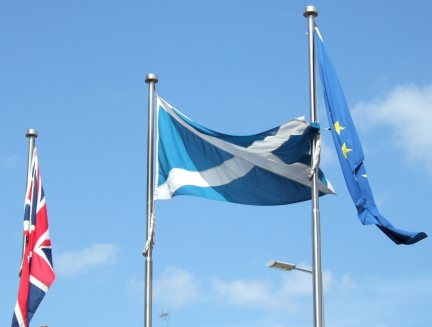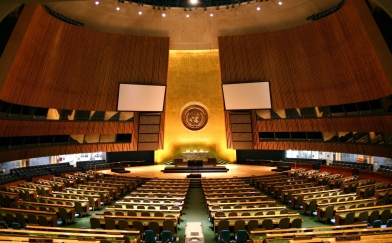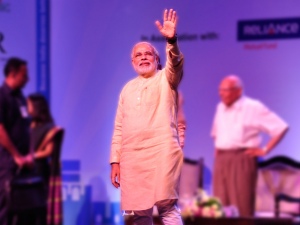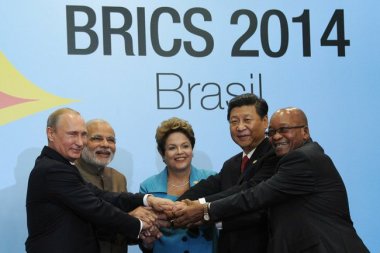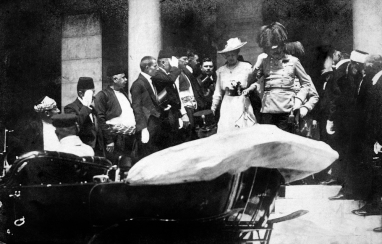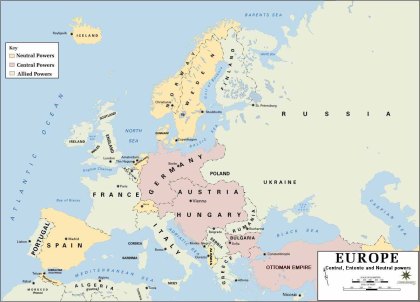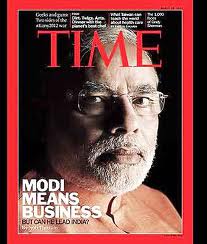Last Thursday was a historic day for world diplomacy as the P5+1 (US, UK, France, China, Russia + Germany) announced a framework for a deal with Iran over it’s nuclear program. Terms will not become final until June 30 but the key points are: 1) Iran dramatically reduces its enriched uranium to 3.67% (uranium needs to be enriched to 90% to make a bomb); 2) Iran’s centrifuges are reduced to 6,104; 3) Iran reduces its uranium stockpile from 10,000kg to 300kg; 4) IAEA has access to all of Iran’s nuclear facilities; 5) IF Iran keeps its word, sanctions will be lifted very gradually–some will remain in place still for over 20 years.
Reactions are wide-ranging. Iranians celebrated the possible end to sanctions that prevent them from accessing basic necessities for life–food, medicine, electricity etc. Saudi King Salman, who is fighting a proxy war with Iran in Yemen expressed cautious hope that this leads to increased peace & stability in the region. French president Francois Hollande points out that sanctions can be reinstated if Iran does not fully comply. Unsurprisingly, Israeli prime minister Benjamin Netanyahu is not happy, insisting any deal must include Iran’s recognition of Israel’s right to exist, that the deal endangers the survival of the state of Israel and that his country will not accept it when the terms become final.
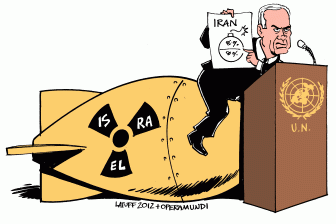
Israel would appear to have little pull in stopping this deal as it is not part of the P5+1. Well, except for the catch. UN and EU sanctions are relatively easy to lift but easing US sanctions require Congressional approval. Hence when President Obama spoke about the framework he began making his case to Congress.
The president’s foreign policy usually leaves much to be desired but he is absolutely right that “should negotiations collapse because we, the United States, rejected what the majority of the world considers a fair deal, what our scientists and nuclear experts suggest would give us confidence that they are not developing a nuclear weapon, it’s doubtful that we could even keep our current international sanctions in place…”
Despite their skepticism, neither Congress or Netanyahu mention any viable alternatives. If there is no deal, there are only two: 1) continuation of the status quo or, 2) war.
Congress would do well to heed the president’s words and remember that the US and Iran were not the only parties at the negotiating table.This is a multilateral deal and countries are eager to do business with Iran; China and India for starters. Assuming Iran complies, the rest of the P5+1 have agreed to lift the EU and UN sanctions. We can refuse to lift ours, but the world may not follow us. Iran may even start to look like a victim. This is just one more confirmation that the US is not ‘indispensible’ anymore. The world is not afraid to oppose us like in years past as seen with the AIIB. If we push too hard we may find ourselves isolated while the world moves on. If that happens, American power really will be in decline.

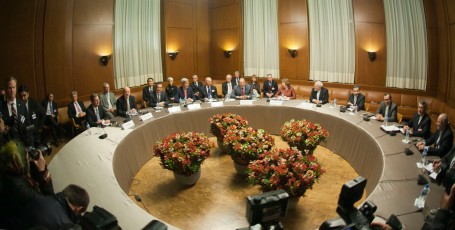
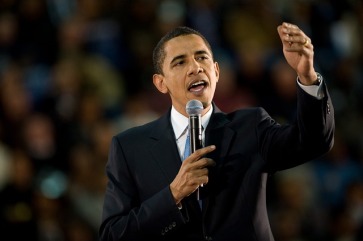
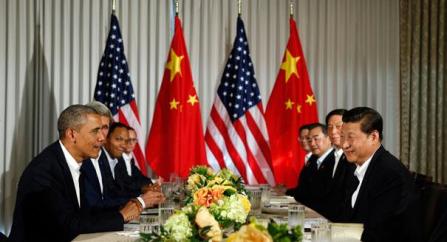
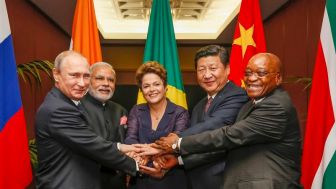
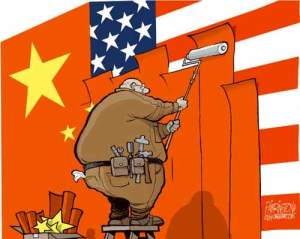
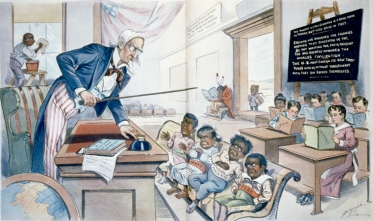
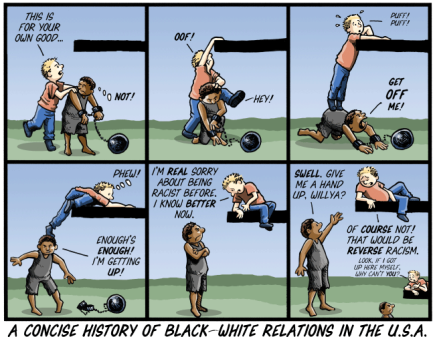 The facade of America as a nation of liberty and equality has been broken, in the most humiliating way, at a time when the American government endeavors the world to follow its lead on international predicaments such as Israel-Palestine, tensions with Russia over eastern Europe, and more recently the Islamic State in Iraq and Syria. Thanks to a global financial crisis and a world of nations that has turned inward, the US struggles to get help from its allies. The rise of China has the American government and citizenry fearing our time as the world’s sole superpower is ending. So a situation like Ferguson, which displays the true nature of American hypocrisy couldn’t have happened at a more inopportune time.
The facade of America as a nation of liberty and equality has been broken, in the most humiliating way, at a time when the American government endeavors the world to follow its lead on international predicaments such as Israel-Palestine, tensions with Russia over eastern Europe, and more recently the Islamic State in Iraq and Syria. Thanks to a global financial crisis and a world of nations that has turned inward, the US struggles to get help from its allies. The rise of China has the American government and citizenry fearing our time as the world’s sole superpower is ending. So a situation like Ferguson, which displays the true nature of American hypocrisy couldn’t have happened at a more inopportune time. Other groups, notably Palestinians, who experience the same injustices as African-Americans, draw parallels and reach out in solidarity from one oppressed group to another, even offering tips to Ferguson protesters fleeing tear gas on Twitter.
Other groups, notably Palestinians, who experience the same injustices as African-Americans, draw parallels and reach out in solidarity from one oppressed group to another, even offering tips to Ferguson protesters fleeing tear gas on Twitter. News media in countries with friendly bilateral ties to the US, including Canada, Britain, France and Germany highlight and even criticize the US for its seemingly never ending problem with race. Not surprisingly, world leaders frustrated with the US react with schadenfreude, for example Russia, China, Iran and others. Like the US, these countries have internal problems but they’re not wrong for criticizing the US for brutalizing its own citizens while preaching to the world about liberty, justice and equality.
News media in countries with friendly bilateral ties to the US, including Canada, Britain, France and Germany highlight and even criticize the US for its seemingly never ending problem with race. Not surprisingly, world leaders frustrated with the US react with schadenfreude, for example Russia, China, Iran and others. Like the US, these countries have internal problems but they’re not wrong for criticizing the US for brutalizing its own citizens while preaching to the world about liberty, justice and equality.